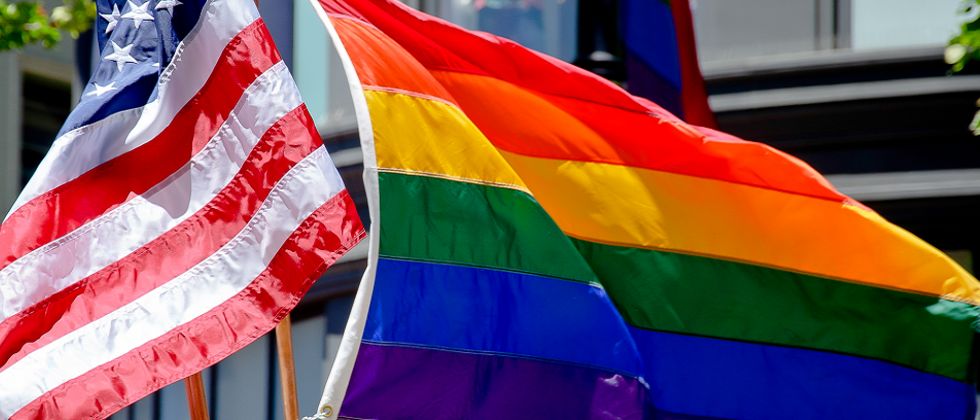California Management Review
California Management Review is a premier academic management journal published at UC Berkeley
by Dennis Takeshita

Since the late-1970s, states across the United States have enacted laws protecting LGBTQ individuals. Recently however, these protections have been threatened by the upsurge in conservatism across the nation. Last year North Carolina passed its notorious bathroom bill aimed at transgender individuals, and in the last days of March of this year, Donald Trump signed a law that makes it more difficult for the federal government to track companies’ labor violations when awarding contracts. However, for businesses, diversity is a key component of success and an effective workplace environment.
March 2, 1982. Wisconsin becomes the first state to outlaw discrimination based on sexual orientation. December 3, 1996. Hawaii recognizes that same-sex marriages are guaranteed the same privileges as heterosexual marriages. June 26,
In a recent article by LOGO, Dan Avery writes about a study conducted by Dr. Fabio Fasoli at the University of Surrey, in which participants were told to listen to an audio recording of a stereotypical gay-sounding voice of a male and a straight-sounding voice as well. What resulted was that heterosexual males were more likely to discriminate in hiring or granting promotions against these voices. Furthermore, Avery reports that this bias may go as far as heterosexual males could possibly hold biases against women because feminine-sounding voices in general were less likely to be hired. In a similar study done by CNN, William Cox explains a study that he performed that proved the prejudice behind using the term “gay-dar” to identify someone and how assuming one’s sexuality based on physical appearance is mathematically highly inaccurate. These studies highlight the perseverance of discrimination in hiring practices. Though laws and society are increasingly more progressive towards inclusivity, in reality, discrimination persists in ways that often go unnoticed.
Through numerous scholarly articles, journalism investigations, and business reviews, research has shown diversity in the workplace is beneficial to business. From higher productivity to improved problem solving to leadership experience, a cohort of diverse individuals helps businesses flourish in the increasingly more connected world. With this perspective, hiring qualified individuals regardless of race, ethnicity, religion, gender, and sexual orientation becomes ever more relevant. The LGBTQ community has a long history of discrimination, but through triumphs in politics and the legal system, inclusion is the narrative that provides success. While the LGBTQ community has shown that prejudice still exists in often indistinct ways, discrimination for many marginalized groups, frequently intersecting with the LGBTQ community, continues to be problematic explicitly in everyday interactions. Business practice, though, proves that diversity is what triumphs.